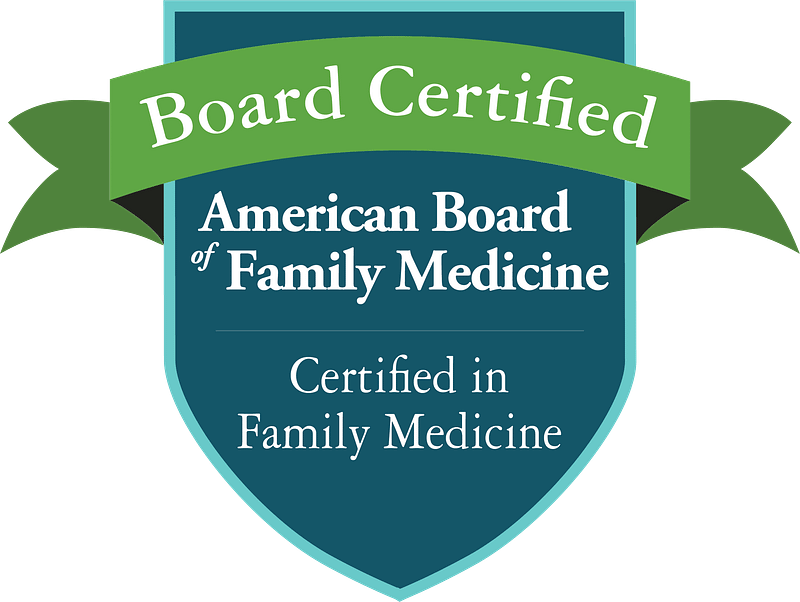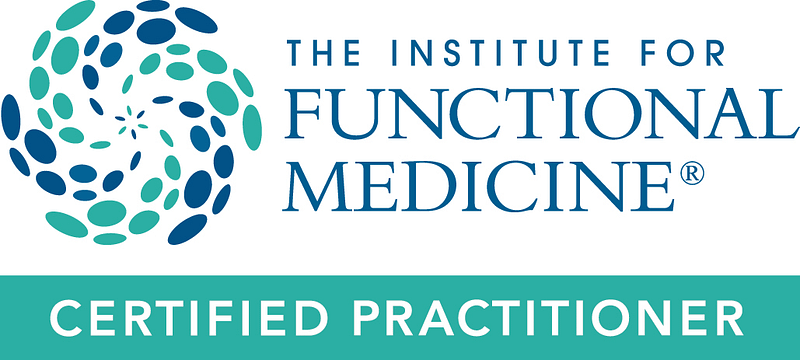by John L. Wilson, Jr., M.D.
Physicians are often asked about the safety and effectiveness of Low-Carbohydrate diets. The two camps of Low Carbohydrate and Low Fat diets have little common ground on which to stand and seem to be locked in continual debate. Two trials have been done which may help shed some light on this ongoing controversy.
Preliminary results from a 3-center (University of Pennsylvania, University of Colorado, Washington University) trial compared a low carbohydrate (LC) diet with a higher carbohydrate low-fat (LF) plan that restricted daily caloric intake to 1200-1500 calories for women and 1500-1800 calories for men. The study included 63 obese males and females. After 12 weeks, 12 % of the LC study subjects had dropped out, while 30% of the LF diet dropped out. The results are as follows:
Lo Carb Low Fat
Weight -8.5 lbs -3.7 lbs
Triglycrids -21.7% -0%
Total Chol +2.2% -8.2%
HDL Chol. +11.5% +0%
LDL Chol +6.6% -11-1%
Subjects in the LC group lost over two times as much weight as the LF group. The increase in Total Cholesterol in the LC group is insignificant, while its decrease in the LF group is significant. The LC group increased their HDL or “good cholesterol” significantly by 11.5%, while it remained unchanged in the LF group. Both the LC group’s increase of LDL or “bad cholesterol” and the LF group’s LDL decrease are significant. The researchers concluded that the LC diet produced favorable effects on weight, HDL cholesterol, and triglycerides, whereas the LF diet was associated with more favorable effects on Total Cholesterol and LDL cholesterol.
A similar trial from Duke University studied 120 obese males and females. The LC group lost significantly more weight, an average of 13.3 lbs. compared with 8.6 lbs. with the LF group. The LC group lost proportionately more fat mass and gained more lean body mass compared to the LF group. Both groups showed decreases in triglycerides, with the LF group also showing a significant decrease in Total Cholesterol of13.5 mg/dl. The LC group again showed significant beneficial increases in HDL.
In evaluating these results, one should be aware of a 1999 Harvard analysis of data from the well-known Framingham Heart Study. It determined that by far the best predictors of a future heart attack were a high Cardiac Risk Ratio (Total Cholesterol divided by the HDL) and an elevated blood test for coronary artery inflammation, hsCRP. The hsCRP was not measured in these trials, but the benefits of the HDL increases reported with a LC diet cannot be overstated when assessing risk of heart disease. Also, it should be stated that the relationship between elevated Total Cholesterol and heart disease risk has come under scrutiny by researchers and physicians in recent years.
In assessing the effectiveness of LC diets in my practice, I find they often result in significant decreases in Total Cholesterol and LDL, in addition to the increases in HDL, decreases in triglycerides, decreased fat mass, increased lean body mass, and weight loss reported here. These differences are likely due to additional recommendations of avoidance of harmful fats such as margarine, deep fried foods, and commercial solvent-extracted oils, combined with supplementation of essential fatty acids, avoidance of sugar, and emphasis on vegetable intake. Longer-term studies are needed to further evaluate these two diverse dietary approaches.














